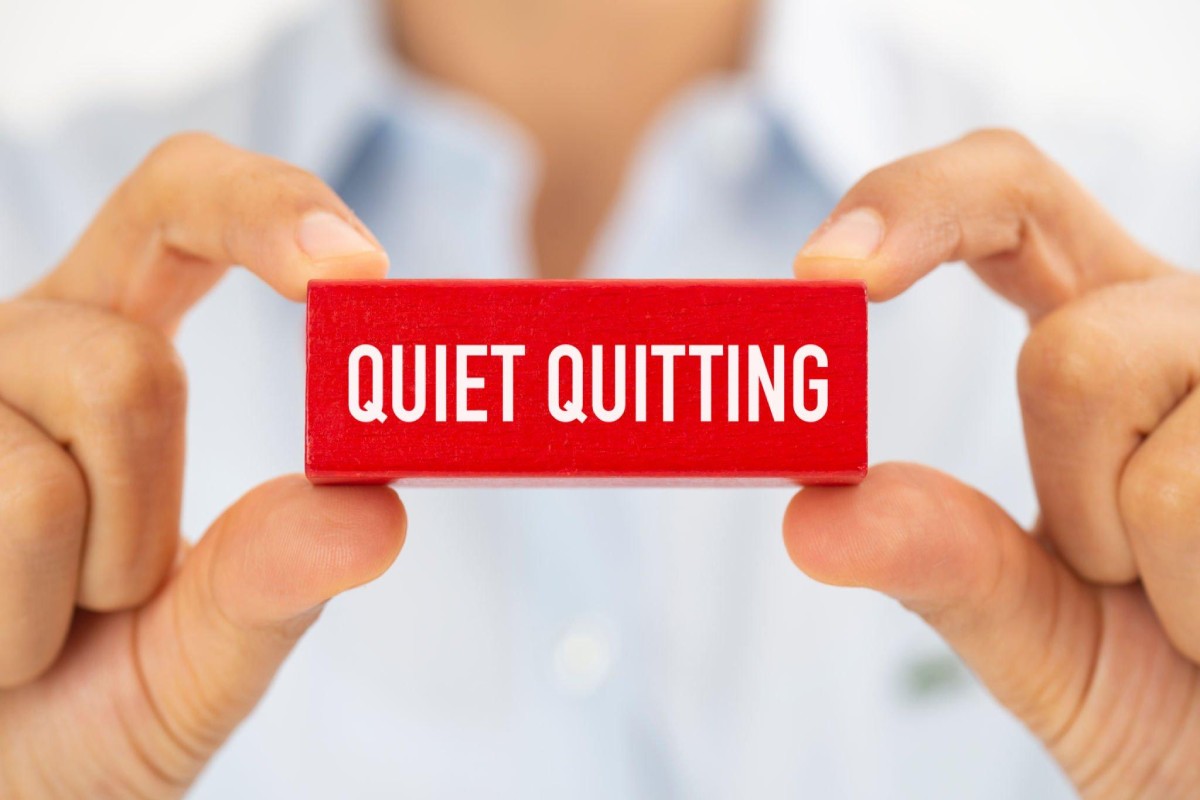Quiet Quitting has been the real buzz-phrase of the last 12 months and there has been split opinion on whether it is a good thing or a bad thing. On the one hand, it suggests that employees are less committed to their work, while on the other it is actually a promotion of a healthier work/life balance.
A healthy work/life balance has been a problem for many people across many industries over the last decade, and as a result of that many industries, and many employees, have suffered.
You often hear of horror stories of office workers or those in hospitalities doing 12-hour days as a result of the pressures or understaffing of the workplace, and often that leads to burnout, stress and people turning to substances in order to cope with that.
Addiction levels have risen dramatically in recent years, often down to the stresses of work, with trips to a drugs rehabilitation centre from white collar office workers especially common. At that point, it’s breaking point, and that’s just the bottom of a huge funnel of people turning to drugs and alcohol in order to cope with work.
Quiet quitting is undoubtedly a backlash of that. A stance to say enough is enough and that people are no longer willing to put their health at risk for their career, turning down overtime and refusing to answer calls and emails outside of contracted hours.
Which, in reality, could be the best thing to happen to many industries and encourage reform in them.
Maria Kordowicz, a professor in organisational behaviour at hte University of Nottingham in the UK, earmarked it as almost a watershed moment, stating;
“No longer are individuals subscribing to the neoliberal ‘hustle’ culture, which puts materialism and profits over human-centered values, such as compassion and self-development.”
That’s a huge step forward in the prioritisation of health and wellbeing of ourselves and the knock on effect of that will be felt as people seek a better work/life balance.
It’s going to mean more spare time for people to do what they enjoy, more time to spend with family and friends, and what’s more, more time without stress. That is going to lower the amount of drug and alcohol abuse in industries, and lower the need for it, which will not only prevent people from turning to it, but also perhaps encourage those that are suffering to step forward and get the rehabilitative help they need.
The next few years could see major change within industries as employers have to face up to the fact they can’t necessarily treat people in the way they once did, as well as likely needing to put more initiatives in place to ensure the wellbeing of their staff.
It could mark a huge step forward and one that will benefit employees for generations to come.

